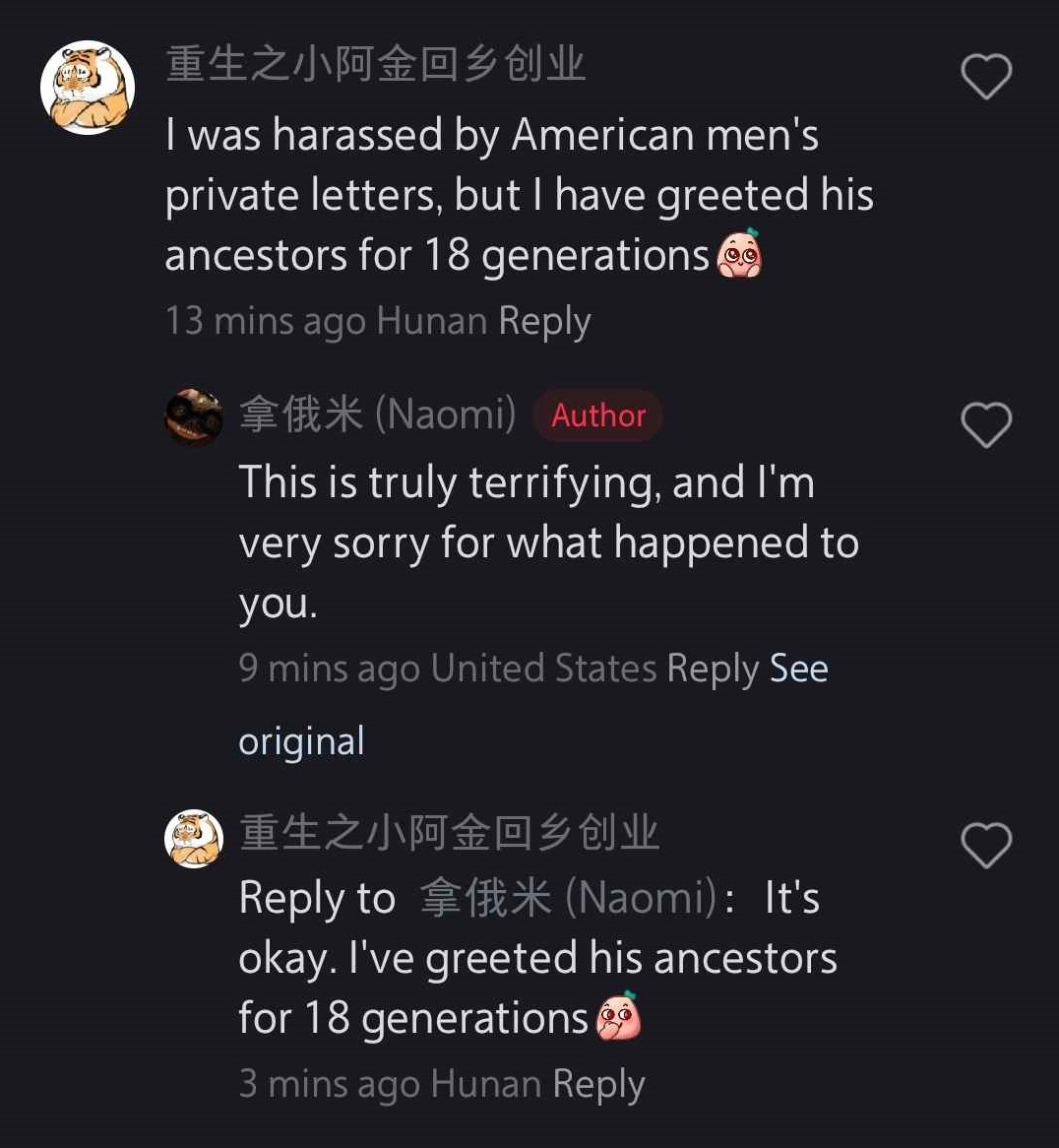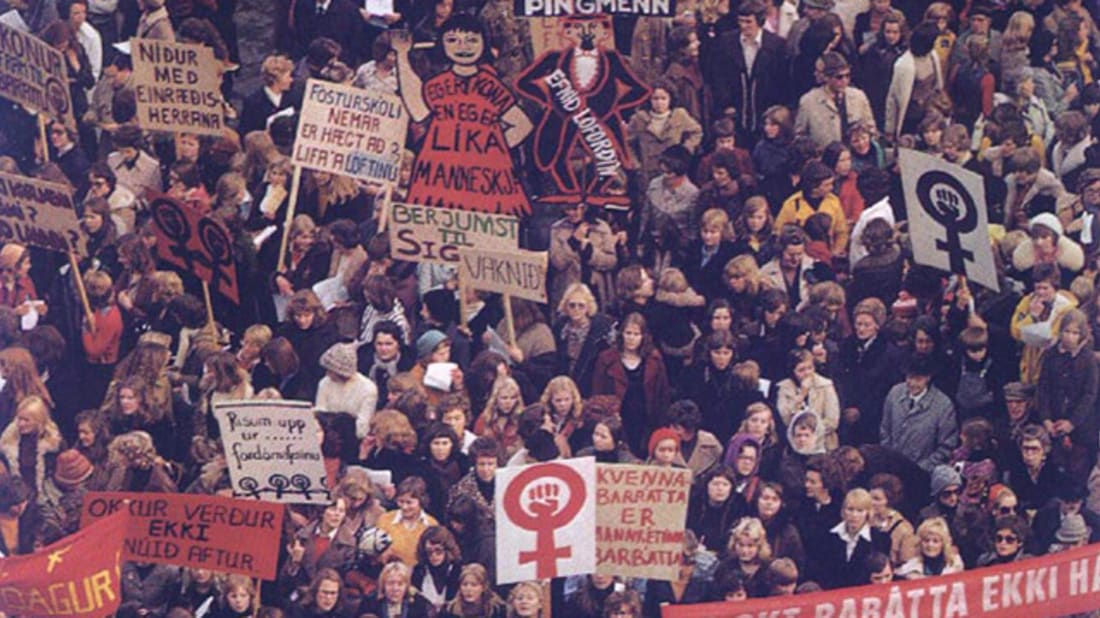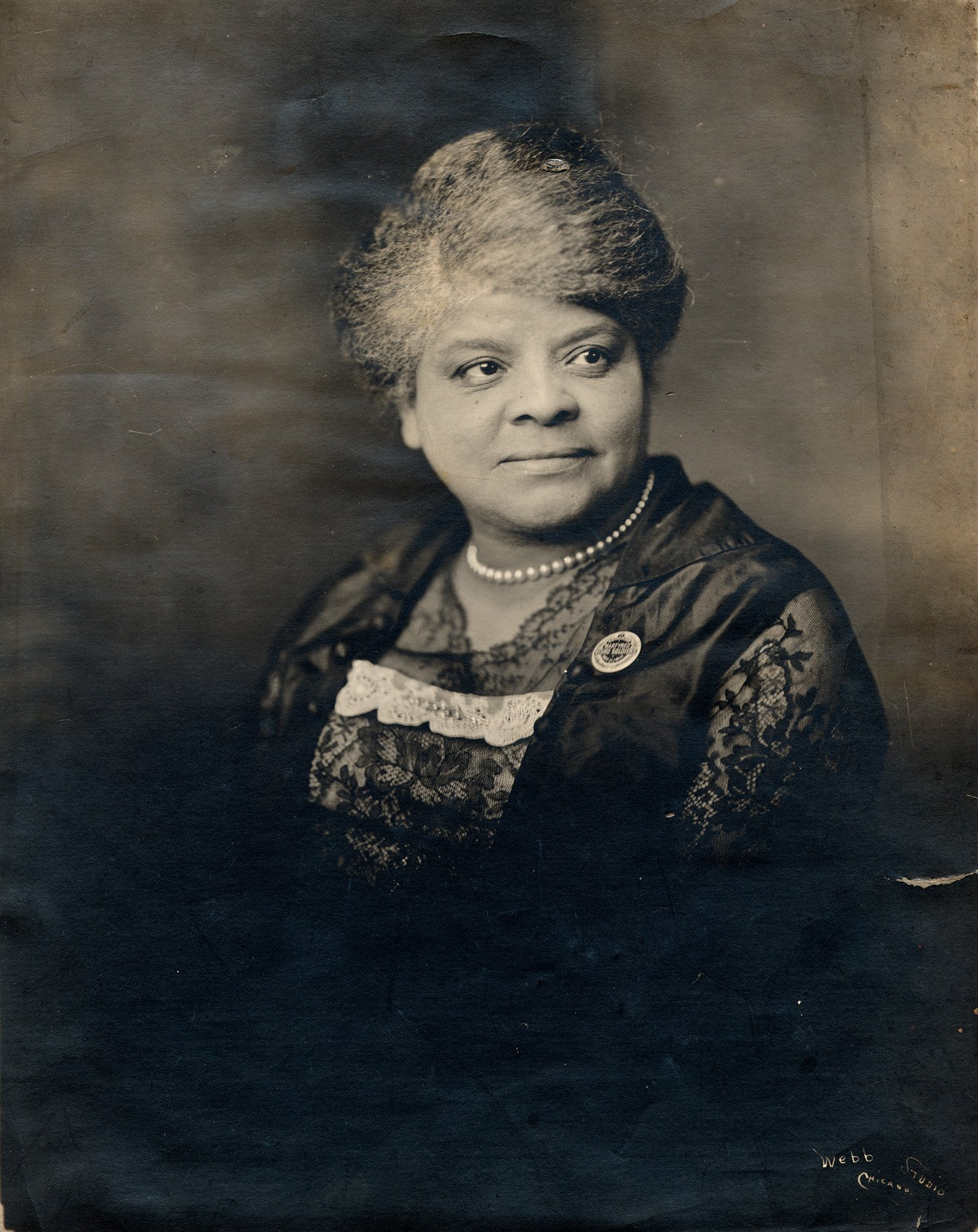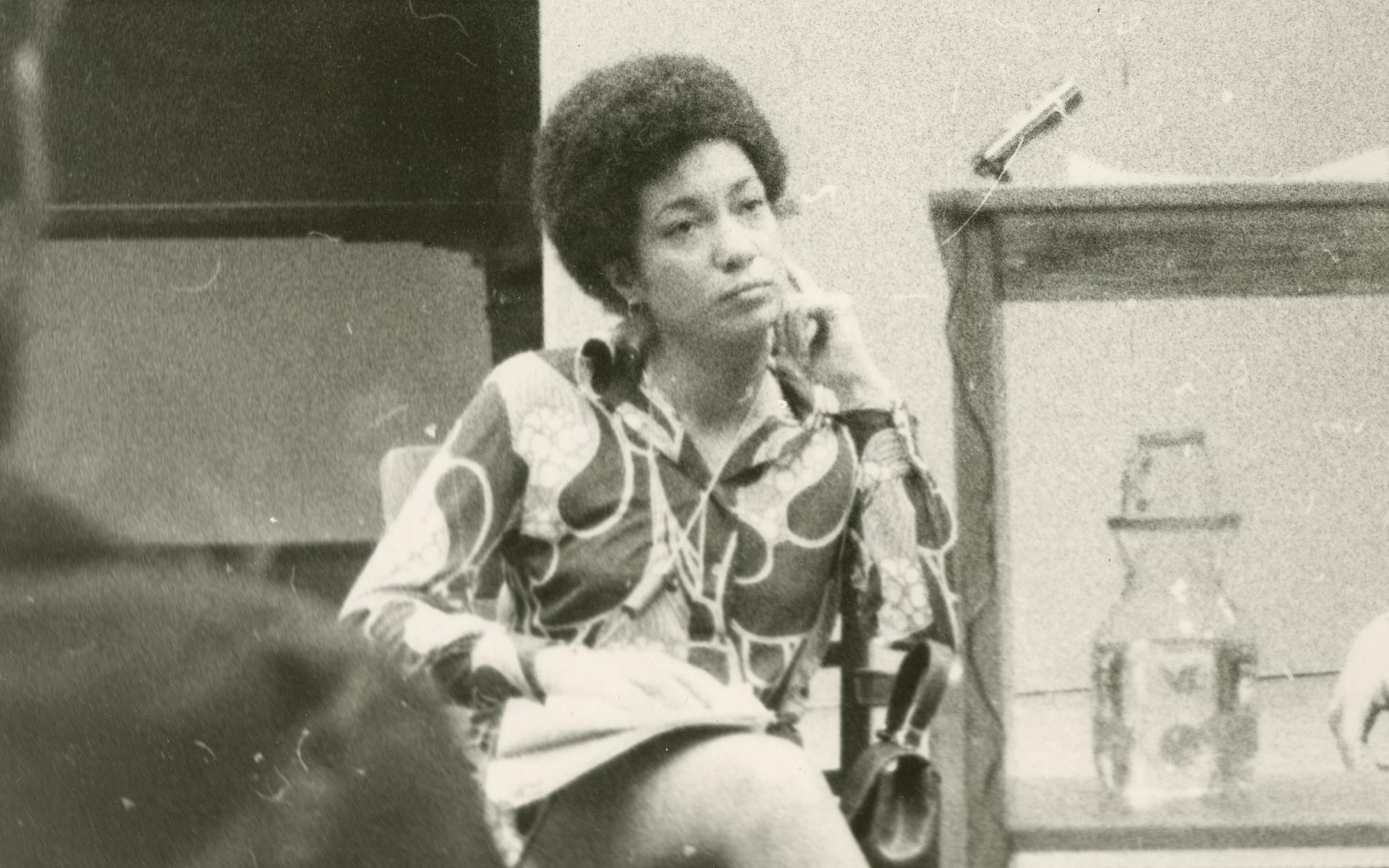One subject within feminism that I, unfortunately, decided to take a look at common discourse for is whether men can be feminists or not.
Right from the get-go, I noticed that this discourse is insanely binarist, cisheteronormative, and non-intersectional. It's typically a separatist tendency to put forth that men cannot be feminists due to them lacking the experience of life as a woman, but this has many flaws:
1. It's a matter of semantics: This is just a convoluted effort for feminists who do not actually understand feminist theory and ideology to tie support for a tendency to being personally impacted by that tendency. If a man supports woman's liberation, whether or not you call him a "feminist" is just within a label, but his ideas are in the direction of such a tendency, just like how one can oppose something like sinophobia without being Chinese. Feminism is often defined by an ideological stance that supports women's liberation, regardless of one's experience (or lack thereof) with womanhood.
2. It's grossly essentialist: This idea that men have to distance themselves from having sympathy to feminism as a movement pushes for this bitter idea that men are inherently to be oppressive or repulsed by women's rights. Aside from the fact that this isn't true, it's also very unhelpful and even dangerous, as it doesn't encourage privileged men to reexamine how they can be better. Essentialism is inherently anti-feminist because it turns patriarchy from a systemic concern into a personal concern, which has no capacity to advance women's liberation, and speaking of this, another issue it has?
3. It's binarist, cisheteronormative, and inconsiderate of intersectionality. As I've hinted at already, this is a deep concern for me. Queer cis men, such as gay and bisexual cis men, are negatively impacted by patriarchy directly, even though they are not women. Patriarchy is a structure that works hand-in-hand with queerphobia to keep heteronormative ideas in place, and feminists, especially if they are queer themselves, should know this. Of course, this also starts being a very fuzzy area for trans men and trans women.
Trans men are undeniably men who go through an experience where patriarchy is hindering them more than it does your typical cis man. Of course, trans women do not benefit from this either, as essentialism is a tool of patriarchy, not a tool against it as I stated in the last point. Essentialism is why patriarchy hates trans people. Whether you are a trans man, trans woman, or non-binary (✋🏿), you are defying this essentialist standard that the sex you were assigned at birth tells you where you sit in this crudely constructed gender hierarchy.
That gender hierarchy vanishing would benefit all of these aforementioned queer people, including the ones that are men. Hell, dismantling patriarchy would even benefit many cishet men because of the toxic standards that it sets up. Even if you are a cishet man, for instance, if you are emotional and sensitive, you are being put down for being that way because of patriarchy.
Ultimately, I'm not really surprised that the privileged white feminist types would be the kind of people to think that feminism is only a movement that can be supported by people like them. After all, these are the same people who neglect factoring in intersections of things like race, class, and queer identity simply because it doesn't bother them personally. Oftentimes, it seems like these kinds of shortsighted and non-intersectional feminists do not want patriarchy to end; they want how they are personally inconvenienced by patriarchy to end.
As a black, non-binary transfeminine person, a lot of feminist talk scares me because it leaves me in this weird question mark zone, where I'm saying to myself "Where exactly do you all think I factor into this discourse because you seem to be only focused on binarist cisheteronormative ideas without a single hint of intersectionality in your feminism?"
Unfortunately, I just so happen to realize that, regardless if me or someone else, people outside of the typical lens of a non-intersectional feminist are erased, and on the rare one-off occasions in which we are directly brought up, intersectionality will, ironically enough, be called a "divisive distraction," and in some instances, people like me are met with mask-off bigotry.
Obviously, I'm not saying you shouldn't be wary of cishet men from a systemic standpoint. The privilege that patriarchy grants them can corrupt their behavior and thought patterns just like how white supremacy and settler mindset does the same for cracKKKers. However, this type of shortsighted stuff I'm worried about isn't from a systemic standpoint; it's from an essentialist one, and it's getting to be so damn essentialist that it's unhelpful.
To close out with an analogy, as a black person, I will hiss at cracKKKers all day because of how white supremacy has systemically poisoned their mind and their own view of their privilege, but in this process, I will never start supporting "scientific racism but for black people" (black supremacy). This is because I know that essentialism is a part of the problem, not a tool to be used against it.












